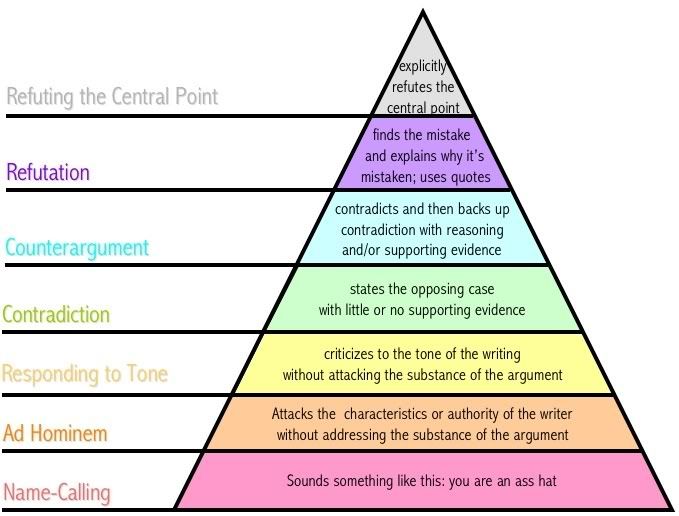Look, thanks for the post. I work in software design and find the biggest hurdle is making people understand that concept (foundation) and objective are the first things to establish before you start on the solution. So its encouraging they are stating the narrative is the highest concern and the mechanics and balance are actually lower.
I have worked on projects that have worked, and projects that have failed, and generally prototyping has always been the path to the best solution and what I am hearing I find very positive. Hell, I spent all July putting a prototype together only to have the thing scrapped as it wouldn't meet needs, but thank God we did, because by doing so we know why it wouldn't work and avoided delivering the wrong solution.
Sometimes you have to put ideas out there to confirm they wont work just as much as you have to put ideas out there to confirm that they will.
[MENTION=6689371]n00bdragon[/MENTION]
Way to find the negatives in everything. Your last post just comes across as a guy that has a grudge to get out.
You just did not come across as a guy who loves his D&D or the guys designing it. Im sure you are going to respond to this by saying "No I do love D&D and thats why Im trying to save it cause these guys are going to destroy it!". But really, put down posts mostly get ignored. If you love your game, find a way to give constructive feedback.
I have worked on projects that have worked, and projects that have failed, and generally prototyping has always been the path to the best solution and what I am hearing I find very positive. Hell, I spent all July putting a prototype together only to have the thing scrapped as it wouldn't meet needs, but thank God we did, because by doing so we know why it wouldn't work and avoided delivering the wrong solution.
Sometimes you have to put ideas out there to confirm they wont work just as much as you have to put ideas out there to confirm that they will.
[MENTION=6689371]n00bdragon[/MENTION]
Way to find the negatives in everything. Your last post just comes across as a guy that has a grudge to get out.
You just did not come across as a guy who loves his D&D or the guys designing it. Im sure you are going to respond to this by saying "No I do love D&D and thats why Im trying to save it cause these guys are going to destroy it!". But really, put down posts mostly get ignored. If you love your game, find a way to give constructive feedback.



